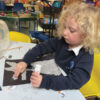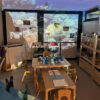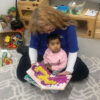
by Professor Geeta Nargund
Medical Director abc IVF
Infertility is still widely thought of as a female issue. Yet our research revealed that the male biological clock has a more prominent role in the outcome of IVF treatment than was initially thought. Why is male infertility less understood and what should men and couples be aware of when considering starting a family?
Media stories of older fathers have helped to perpetuate the myth that men do not have a biological clock – but celebrities like Robert De Niro and Al Pacino are the exception to the rule. It is important that men are educated about the impact of their age on their fertility so that couples can make informed decisions about when they want to start a family.
The impact of paternal age
The facts are clear: paternal age impacts the outcome of IVF treatment. For women aged between 35 and 40 with a male partner aged 40 and over there was a steep decline in the live birth rate. To be precise, the live birth rate dropped from 32.8% where the father was under 35 to 27.9% where the father was aged between 40 and 44. The most dramatic decline in the live birth rate was to 25%, in cases where the father’s age was over 55. This can be attributed to both the quality and quantity of a man’s sperm decreasing with age.
Increased paternal age can also lead to a higher risk of miscarriage. The rate of miscarriage is twice as high for women with male partners over 45 years old compared to women with male partners under the age of 25.
Paternal age did not have the same impact on women under the age of 35 or over the age of 40 conceiving. This is because the eggs of younger women are better able to repair the higher incidence of DNA damage that are often found in the sperm of older males.
In addition to affecting conception, paternal age can have an impact on the couples’ children as well. The offspring of men who are over 45 are five times more likely to have an autism spectrum disorder; five times more likely to have mental health problems; and thirteen times more likely to have an ADHD diagnosis.
For a long time, a woman’s age and fertility have been assumed to be the only determining factor in the outcome of fertility treatment. This research disproves that myth by revealing that men too have a biological clock.
It is now time couples were better informed about the impact of the male biological clock on their fertility. This is why I have campaigned for a national curriculum that promotes fertility education and is committed to empowering young people with the knowledge they need to make informed decisions about their future.
Optimising your fertility health
So, what are the options for men looking to boost their fertility levels? Well, there are a variety of things that can be done, but the most important rule to remember is that your general health and fertility health go hand in hand – so it’s best all round to aim for a healthy lifestyle.
This will include cutting down on alcohol and quitting smoking as well as eating a healthy, varied diet. I would also recommend exercise which is helpful for lowering stress levels and keeping within a healthy BMI range.
Reasons for male infertility
We’ve established that exercising and cutting vices such as alcohol and cigarettes can improve fertility. The logic follows that the inverse (excessive drinking and a no exercise) can increase the risk of infertility.
However, there are also genetic and medical conditions which can contribute to infertility that men need to be aware of. For example, varicoceles (prominent veins); blockage of the ejaculatory ducts; undescended testis and testicular tumours can all contribute to infertility. Additionally, whilst this condition is much rarer – impacting 1% of the male population – extreme cases of azoospermia result in seminal fluid which contains no sperm at all.
Furthermore, sexually transmitted infections and underactive thyroids can increase the risk of infertility in men and women alike.
When to seek medical help
It is time to speak to a doctor if the couple have been trying to conceive for six months and if the female partner is over 35 and the male partner is over 40. Similarly, if both partners are under 35 and have been trying to conceive for 12 months, they should also seek medical advice. This will allow the couple to explore the available fertility tests and treatments, if that’s a path they wish to pursue.
Knowledge is power
Whilst the prospect of male infertility and a male biological clock may sound daunting, an awareness of these issues is crucial in allowing men to make informed decisions about their fertility health. One approach is to have a national curriculum which highlights infertility prevention, arming the next generation with knowledge and destigmatising the topic of male infertility.
Professor Geeta Nargund, Senior NHS Consultant and Founder and Medical Director of abc IVF and CREATE Fertility. For further information please visit www.abcivf.co.uk or www.createfertility.co.uk

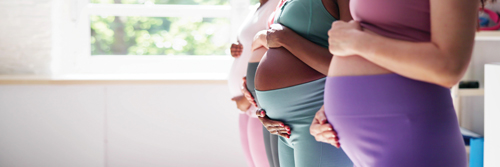
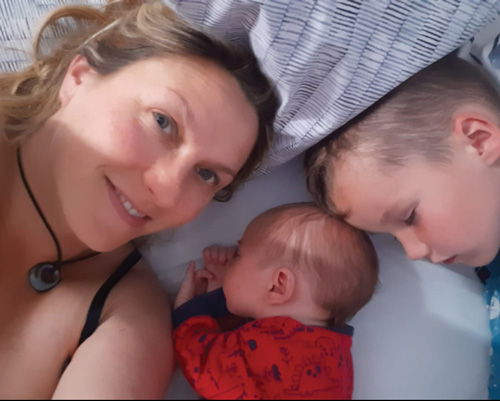

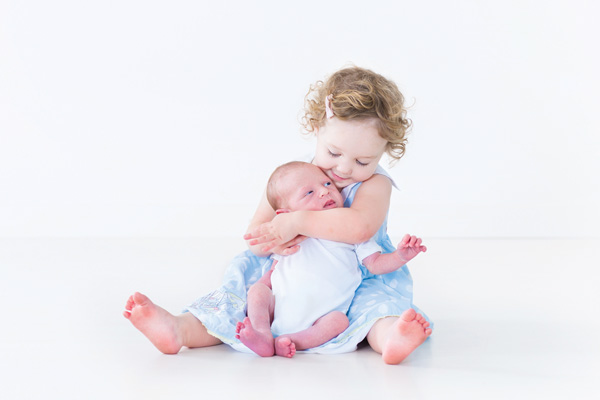
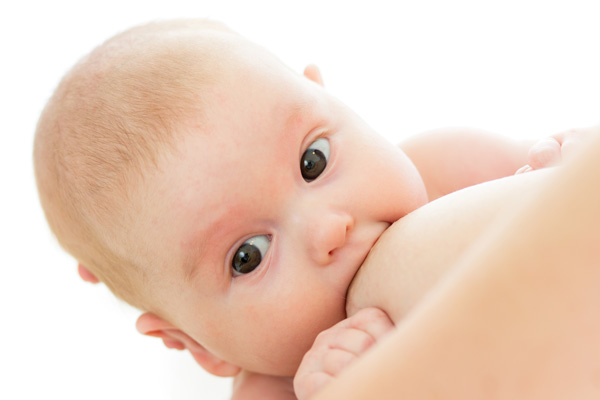
 Perhaps the elemental nature of motherhood can’t quite be understood until we are ‘in’ our experience, or maybe we wouldn’t head on this collision course with life if we knew what was ahead? If this were the case, why do so many of us go on to do it time and again? Creating life can be addictive, because although oxytocin is understood by endocrinologists as an antidote to craving, the positive feedback mechanism that controls its release actually helps anaesthetise us a little, or diminish the sensations of discomfort, and feelings of turmoil that are intrinsically linked with pregnancy, childbirth and motherhood.
Perhaps the elemental nature of motherhood can’t quite be understood until we are ‘in’ our experience, or maybe we wouldn’t head on this collision course with life if we knew what was ahead? If this were the case, why do so many of us go on to do it time and again? Creating life can be addictive, because although oxytocin is understood by endocrinologists as an antidote to craving, the positive feedback mechanism that controls its release actually helps anaesthetise us a little, or diminish the sensations of discomfort, and feelings of turmoil that are intrinsically linked with pregnancy, childbirth and motherhood. ing a child and everything that comes with it, not just with gratitude, which helps lessen the sense of heaviness, but also with conviction, so as to empower us?
ing a child and everything that comes with it, not just with gratitude, which helps lessen the sense of heaviness, but also with conviction, so as to empower us?